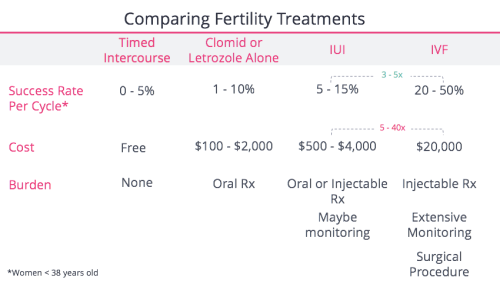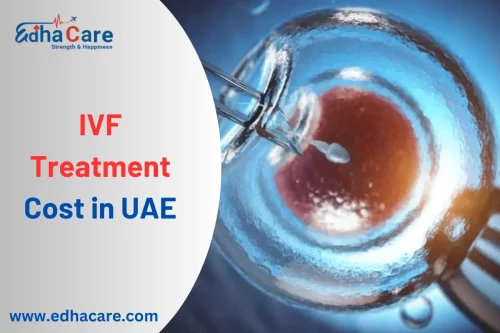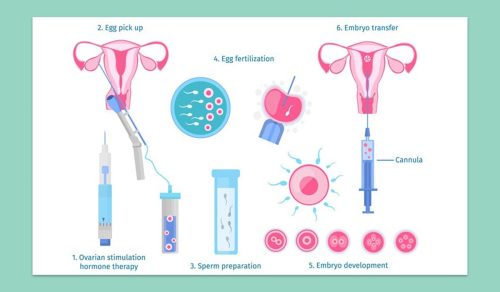
Male Varicocele and Infertility: A Fertility Specialist’s Insight
As a fertility specialist, I’ve seen firsthand how male infertility can impact couples who are trying to have a baby. One of the most common, yet often overlooked, causes of male infertility is varicocele—a condition in which the veins in the scrotum become enlarged. This might sound simple enough, but the effects it has on sperm production and quality can be profound. In my years of practice, I’ve treated many men with varicocele, and I’ve learned just how crucial it is to address it early on in the infertility journey.
What is Male Varicocele?
A varicocele is essentially a varicose vein in the scrotum. It occurs when the veins in the spermatic cord (which carries blood to the testicles) become enlarged or dilated. These veins are responsible for draining blood from the testicles, and when they don’t function properly, it can cause blood to pool in the scrotum, raising the temperature of the testicles.
For men, the testicles need to be at a slightly cooler temperature than the rest of the body to produce healthy sperm. This temperature imbalance can disrupt sperm production, leading to lower sperm count and decreased sperm quality.
I remember a case from a few years ago that perfectly illustrates the impact varicocele can have on fertility. John, a 34-year-old man, came into my office with his wife, Lisa, after they had been trying to conceive for over a year. Lisa’s tests came back normal, but John had a low sperm count, and their attempts at natural conception had been unsuccessful.
After a detailed consultation and physical examination, I suspected a varicocele. A quick ultrasound confirmed it. But how much of an impact was this condition really having on his fertility? Could it be the reason they hadn’t gotten pregnant?
How Does Varicocele Affect Fertility?
The connection between varicocele and infertility has been well-documented in the medical community. As Dr. Mark Robertson, a leading urologist in male fertility, often says, “Varicocele is one of the most common correctable causes of male infertility. It can cause a variety of issues, including low sperm count, poor sperm motility, and abnormal sperm morphology.”
When I explain the connection to my patients, I like to break it down in simple terms. The blood pooling caused by varicocele increases the temperature in the testicles. This higher temperature can lead to oxidative stress, which damages sperm and inhibits its production. In severe cases, it can also impair the function of the blood-testicle barrier, further reducing sperm quality.
What’s interesting—and often surprising to many men—is that even a mild varicocele can have a significant impact. Research has shown that men with varicocele have a higher likelihood of lower sperm count and decreased fertility, even if the condition isn’t obvious or causing pain.
John’s Journey: How Varicocele Treatment Helped
In John’s case, we discussed the treatment options available. While varicocele can sometimes be managed with lifestyle changes, the most effective treatment is often surgical. I recommended a procedure called varicocelectomy, which involves removing or tying off the enlarged veins to improve blood flow and reduce the scrotal temperature.
Dr. Anne Matthews, a reproductive surgeon I work closely with, often remarks, “Varicocelectomy can significantly improve sperm count and motility in many men. It’s one of the most effective treatments in male infertility, especially when there’s a clear link to varicocele.”
John and Lisa were understandably anxious about the procedure, but after a thorough discussion about the benefits and risks, they decided to go ahead with it. The surgery was minimally invasive, and John was able to go home the same day. Over the next few months, we closely monitored his sperm count and quality.
And then came the good news. John’s sperm count started to increase, and the sperm quality improved. About six months later, Lisa and John came back to tell me they were expecting. It was one of the happiest moments of my career, and I couldn’t have been more excited for them.
Treatment Options for Varicocele and Infertility
Not every man with a varicocele needs surgery, but there are a few key treatment options to consider. These include:
- Varicocelectomy: As I mentioned, varicocelectomy is often the most effective treatment. By surgically removing or blocking off the enlarged veins, blood flow to the testicles improves, which lowers the temperature and enhances sperm production. Many men experience improvements in sperm count and motility within six months after the procedure.
- Percutaneous Embolization: This is a less invasive procedure where a catheter is used to block off the enlarged veins. It’s less commonly used than varicocelectomy but can be an option for some patients who want to avoid surgery.
- Sperm Retrieval and ART: In some cases where the varicocele has caused significant damage to sperm production, sperm retrieval procedures combined with assisted reproductive technologies (ART) like IVF or ICSI may be recommended.
- Lifestyle Changes: While surgery is the most effective treatment, some lifestyle changes—such as wearing supportive underwear, avoiding prolonged heat exposure (like hot tubs or saunas), and maintaining a healthy weight—can help manage mild cases of varicocele.
The Role of Timing and Monitoring
If there’s one thing I’ve learned over the years, it’s the importance of timing and consistent monitoring. Varicocele treatment often requires patience. It can take a few months for sperm count to improve after surgery, and even then, results vary from person to person.
I also stress the importance of regular follow-ups. For many men, their fertility improves after treatment, but it’s crucial to monitor progress and make any adjustments to the treatment plan if needed. Working closely with my patients, I always ensure they understand what to expect and remain realistic about the process.
What You Need to Know About Varicocele
If you’ve been diagnosed with a varicocele and you’re struggling with infertility, don’t lose hope. Dr. Christopher Bell, a urologist specializing in male infertility, put it best when he said, “Varicocele is a treatable condition, and many men see significant improvements in fertility after treatment.”
While not every man with a varicocele will have trouble conceiving, it’s a condition worth addressing if you’re facing infertility. There are effective treatments available, and with the right approach, many men can improve their chances of becoming a father.
Final Thoughts: Your Fertility Journey
If you’re dealing with infertility and suspect varicocele may be a factor, I highly recommend seeking a thorough evaluation from a fertility specialist. Addressing this condition early on can make a big difference. Whether it’s surgery, lifestyle changes, or ART, there are many options available to help you and your partner achieve your dream of having a family.
Just remember, infertility is a journey, and you don’t have to face it alone. With the right treatment, patience, and support, your dream of becoming a father can still come true.




